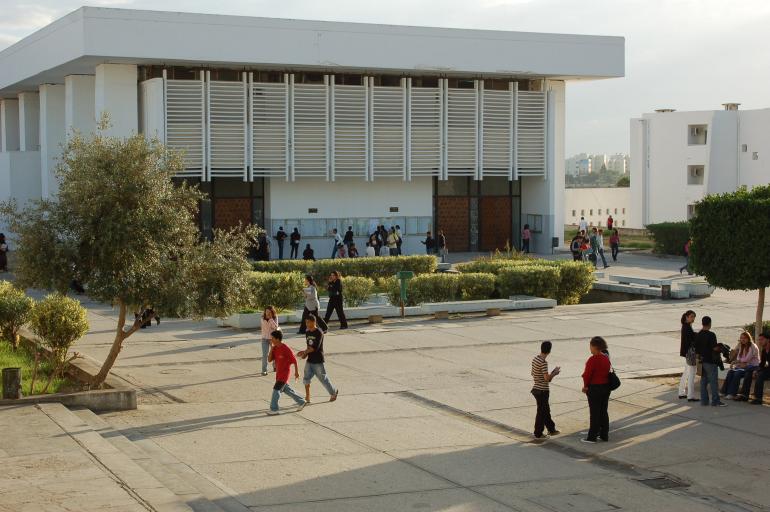Open government to fight corruption in education
IIEP’s exploration of open school data highlighted the power of school-level information in promoting transparency and integrity in education. Now, IIEP is investigating how to empower citizens to monitor their right to quality education. This has entailed researching the rise of open government in education –the opening up of government data, decision-making, and processes to public involvement and scrutiny. To better understand the potential dividends but also the possible risks of open government, IIEP has investigated an array of initiatives. These range from promoting transparency in the contracting of school meals in Colombia, to making schools accountable for the use of parental donations in Ukraine, and situating citizens as the primary agents to monitor their right to education through social auditing in India. The research included a literature review, a global survey, seven case studies, two thematic studies, and five policy briefs, as well as a Policy Forum in November 2021 to facilitate knowledge-sharing on how citizens can better understand their education system and demand action to improve it.
Some 15 documents produced
New online course run with 80 participants from 13 countries
Global advocacy with short animated films
By redefining the frontiers between citizens and public authorities, we believe that open government is in a better position to respond to the needs of the educational sector, strengthen trust among actors, and beyond that, reduce risks of corruption.”
Training on internal quality assurance supports reform in Tunisia

In Tunisia, a reform is underway to improve the governance of higher education and the employability of graduates. IIEP recently supported this effort with a tailor-made training course for Tunisian universities on internal quality assurance (IQA) in higher education. The training was delivered to 13 public universities and the network of Instituts Supérieurs d'Études Technologiques. Adapted specifically to the Tunisian context, the participants explored the links between IQA and governance, teaching and learning, and employability. The course built on IIEP’s international research on IQA and subsequent training, deployed both online and in person in Southeast Asia, the Near and Middle East, sub-Saharan Africa, and Mongolia. This was the first time that the course had been adapted to fit into a context of national higher education reform.
75 participants attended from 13 universities
100% intend to implement changes
95% plan to develop or revise their institution’s quality policy
I would like to salute the enormous effort made by IIEP-UNESCO to ensure that this training course took into account the particular context in Tunisia while being aligned with the state of the art in the field of IQA and the most recent teachings at the international level."
Promoting policy continuity
To guarantee the right to education in complex contexts, countries must develop strategies for policy continuity. In June 2021, Ecuador underwent a change of government and achieved a fluid transition between its highest educational authorities. Both the current and former governments –who are committed to governance and transparency– met soon after during IIEP’s Regional Technical Dialogue in Latin America. María Brown and Monserrat Creamer, Ecuador’s upcoming and outgoing Ministers of Education, respectively, discussed the effectiveness and continuity of policies implemented during the pandemic, as well as lessons learned and challenges going forward.
It would be a shame if after all this we went back to having an education system like the one we had before. We have to come out of this with innovative… education systems that respond better to the context, systems that adapt to this new reality.”
